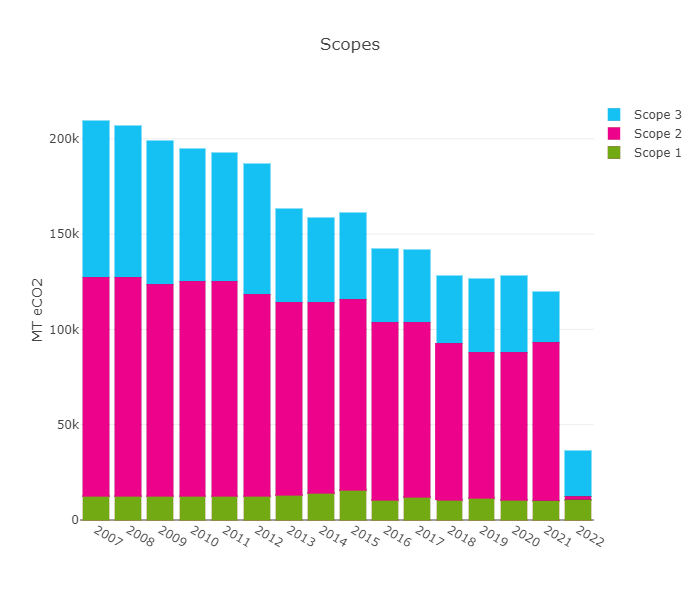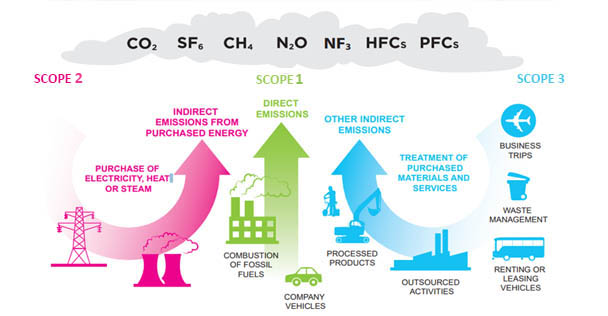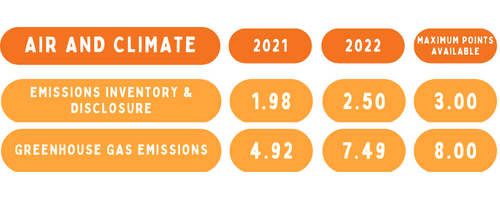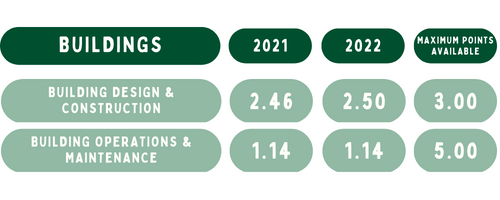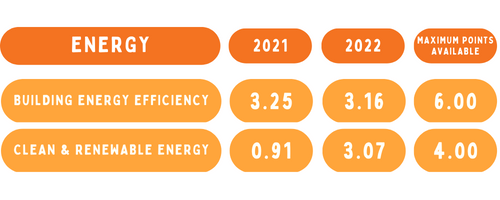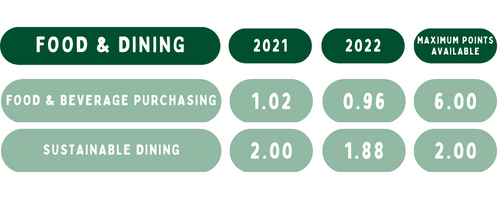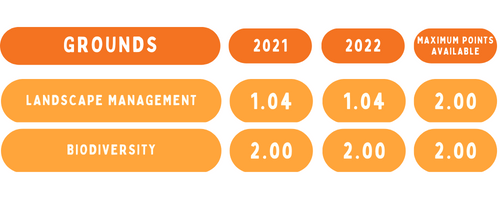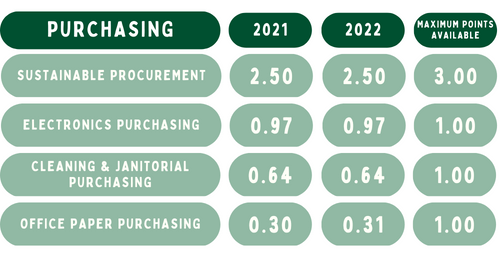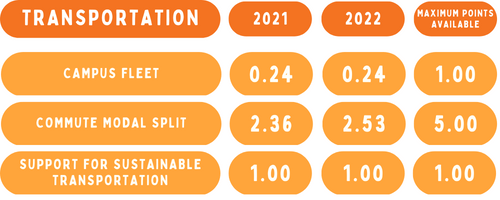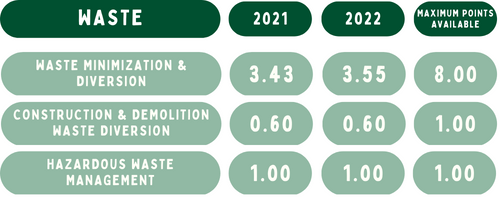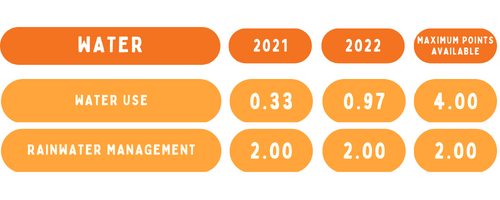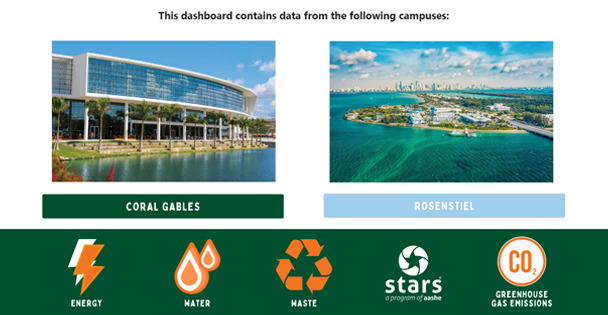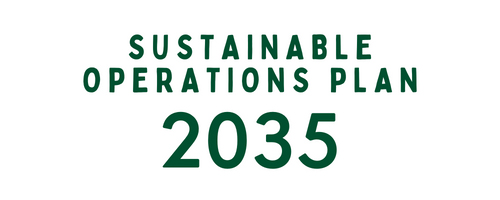
The University of Miami’s Sustainable Operations Plan 2035 is a roadmap to reaching net-zero carbon emissions, detailing projects in energy efficiency, materials management, the built environment, purchasing, waste diversion, and water. It is the result of intensive collaboration with UM staff across departments responsible for operating the Coral Gables and RSMAS Campuses. The plan establishes a framework for strategically developing, implementing, and managing projects that contribute to meeting UM’s sustainability goals.
Achieving sustainability is a process of continual improvement. Together, we can achieve the SOP’s ambitious goals and demonstrate the University’s leadership in sustainability.
Goal #1 - Carbon Neutrality
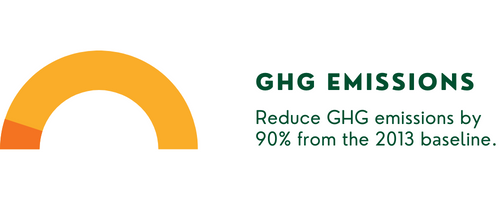
University-wide, purchased electricity is consistently the largest source of greenhouse gas (GHG) emissions each year.
visit SIMAP Green House Gas Inventory - Carbon Neutrality Commitments
How to get there
In 2019, the University of Miami joined Florida Power & Light’s Solar Together program, becoming one of the largest higher education institutions in Florida to harness solar energy to power nearly all of its campuses. The electricity purchased from FPL represents the majority of the total greenhouse gas emissions of the University, and puts us well on our way to reaching a 90% reduction in our GHG emissions. Learn more about UM’s partnership with FPL by clicking here.
Goal #2 - Energy Efficiency

Despite our ever-growing campus, our energy consumption per capita has been steadily decreasing. The infrastructure and facilities are constantly changing and growing to meet the needs of the students, faculty, staff, and visitors of the University.
How to get there
Most recently, an 80 KW solar array was installed on the Fieldhouse building. The University also has solar panels installed on the Hurricane Food Court and the Frost School of Music. Retro-commissioning of existing buildings and utilities are helping reduce our consumption too. Learn more about our renewable energy initiatives by clicking here,and our energy conservation strategies by clicking here

Our Facilities department has adopted best practices and technologies to optimize the campus’ water use and further promote the University’s water conservation efforts despite a constant growth in demand.
Our initiatives in this area include best practices in native landscaping and xeriscaping, smart irrigation, rainwater harvesting, leak detection programs, the replacement of shower heads, urinals, and toilets to low-flow models, and more. Learn more about our water conservation initiatives by clicking here.
Goal #3 - Green Buildings

How to get there
The University has a strict commitment to LEED certification for new construction, and we are currently updating our existing buildings to be more energy efficient as well. The Design and Construction department has certified 1.2M square feet of Green Buildings to date and is in the process of developing an additional 727,000 square feet of LEED-certified facilities. In 2022, the Miami Herbert Business School was awarded the LEED Platinum certification for its ongoing operations and maintenance. Learn more about our LEED-certified buildings by clicking here.
Goal #4 - Alternative Mobility
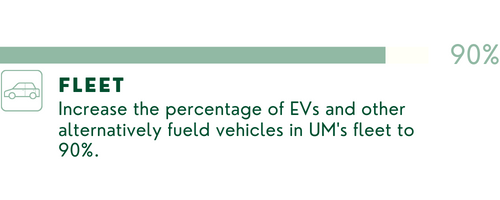
How to get there
Currently, about 20% of the University’s fleet is powered via electricity. The University has installed Level 2 charging stations on the Coral Gables campus, with plans to install more in the future. We expect to transition campus fleets to alternatively-fueled vehicles like EVs. Learn more by clicking here.
Goal #5 - Waste Diversion
How to get there
The University of Miami’s waste diversion initiatives involve recycing, reusing, composting, donating and reducing waste.
UM offers single-stream recycling for common recyclables, but is also proud to offer specialized recycling programs to enhance its waste diversion. Batteries, E-waste, and toner cartridges are all examples of specialized items that can be recycled here at the U.
Composting is conducted in the Sustainability Garden and, more recently, at Mahoney-Pearson Dining Hall. Composting at the dining hall is administered in partnership with Compost For Life. Pending a successful conclusion of this pilot project, we anticipate expanding the composting program to other locations.
The University has several donation programs responsible for tons of waste diverted annually. Sneakers can be donated at the Soles4Souls bins located throughout campus (there is one centrally located in the bookstore). The campus also partners with Goodwill to collect donations at spring move-out. GreenU, the Office of Sustainability, collects used office items for donation to the local K-12 school district. Lastly, UM Dining partners with Miami Rescue Mission to divert and donate food. In 2023, the U will be instituting a trash can-free desk policy to reduce waste in offices. Learn more by clicking here.



